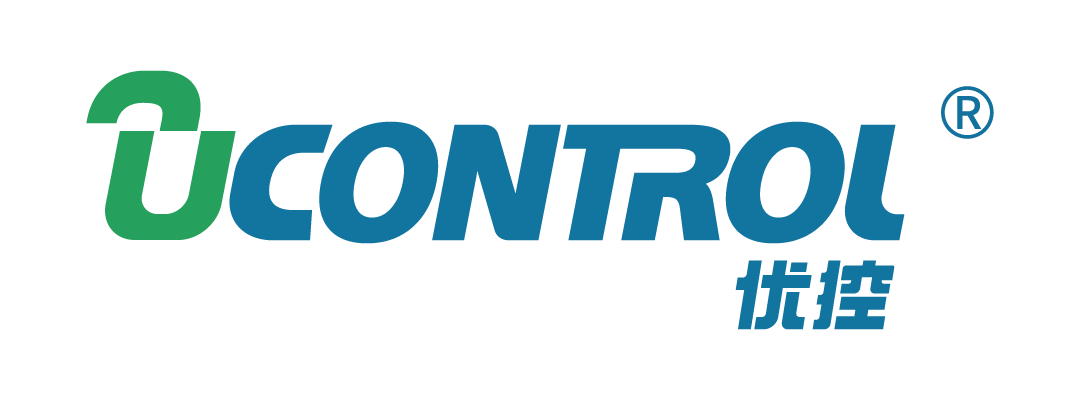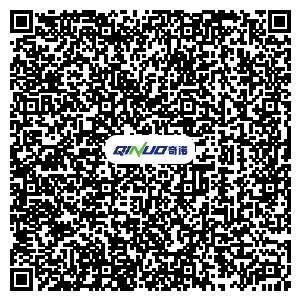Rolling code remote controls have become a standard in modern garage door openers and gate systems, offering enhanced security through dynamic code generation. However, as technology advances, so do the methods employed by potential threats. In this article, we delve into the potential vulnerabilities and risks associated with rolling code remote controls, shedding light on the measures users can take to mitigate these concerns.

1. Code Grabbing Attacks:
Rolling code remote controls are designed to generate a new code with each use, making it challenging for unauthorized users to replicate or intercept the signal. However, code grabbing attacks involve capturing and replicating the transmitted code, typically through the use of specialized devices. While this is a complex method requiring sophisticated equipment, it poses a potential vulnerability for systems that do not implement additional security measures.
2. Replay Attacks:
In a replay attack, an intruder captures the transmitted code and later replays it to gain unauthorized access. While rolling code systems often include time-based synchronization to prevent replay attacks, vulnerabilities may exist in certain implementations. If an attacker manages to record and successfully replay a code within the synchronization window, they could potentially gain access.
3. Weak Encryption or Lack of Security Features:
Some rolling code systems may use weak encryption algorithms or lack additional security features, making them susceptible to cryptographic attacks. Attackers with the knowledge and resources to exploit encryption weaknesses could compromise the security of the rolling code system. It is essential for manufacturers to implement robust encryption protocols to withstand sophisticated attacks.
4. Cloning of Remote Controls:
The cloning of rolling code remote controls is a concern, especially if the cloning process is successful. Attackers may attempt to clone a legitimate remote control's code, allowing them to operate the target garage door or gate. Manufacturers must employ robust anti-cloning mechanisms to prevent unauthorized duplication of remote controls.
5. Insufficient Randomness in Code Generation:
The strength of rolling code systems lies in the randomness of code generation. If the algorithm generating the codes lacks true randomness or exhibits patterns, it could be susceptible to predictive attacks. Attackers may attempt to predict future codes based on observed patterns, undermining the security of the rolling code system.
6. Vendor-Specific Vulnerabilities:
The security of rolling code systems can vary between manufacturers. Vulnerabilities may arise due to implementation flaws, inadequate testing, or insufficient consideration of potential attack vectors. Users should be aware of the security features implemented by specific vendors and choose products from reputable manufacturers with a track record of prioritizing security.
Mitigating Risks and Enhancing Security:
1. Regularly Update Firmware:
Manufacturers often release firmware updates to address security vulnerabilities and enhance the robustness of their systems. Users should regularly check for and apply firmware updates to ensure that their rolling code remote controls benefit from the latest security enhancements.
2. Choose Reputable Brands:
Opt for rolling code remote controls from reputable manufacturers with a proven commitment to security. Established brands are more likely to invest in research and development to address vulnerabilities and release timely updates.
3. Implement Additional Security Measures:
Users can enhance the security of their garage door openers or gate systems by implementing additional security measures, such as adding PIN codes or biometric authentication. These supplementary features add an extra layer of protection against unauthorized access.
4. Periodically Reset Rolling Codes:
Some systems allow users to reset or re-sync rolling codes. Periodically resetting rolling codes can disrupt any potential attacks that may have compromised the code sequence.
5. Stay Informed about Security Best Practices:
Users should stay informed about evolving security best practices and recommendations. Following guidelines provided by manufacturers and security experts helps users make informed decisions to protect their rolling code remote control systems.
Conclusion:
While rolling code remote controls offer a significant improvement in security over traditional fixed code systems, it's crucial to be aware of potential vulnerabilities and risks. Manufacturers, users, and security professionals play essential roles in addressing and mitigating these concerns. By staying informed, implementing recommended security measures, and choosing products from reputable brands, users can enjoy the convenience of rolling code remote controls while maintaining a robust level of security for their garage doors and gates.

-
Office ViewQinuo Electronics Co., Ltd.was founded in 2009,it is a high-tech company that integrated R & D, manufacturing, sales and service for 15 years,which is mainly specialized in providing sensors of automatic door, control system of door and gate, car key remote, auto parts etc. The company currently has four independent brands: U-CONTROL, U-SENSORS, U-AUTOGATES and U-AUTOKEYS.
-
got questions? call us
+86 13960286508
-
fax :
+86 595 22901208 -
Email :
[email protected]
-
address
- No.991 Xingxiu Road,Taiwanese Investment Zone, Quanzhou, Fujian Province,P.R.China











